summary
It is important to understand the inter-relationship between thyroid hormones and corticosteroids. If you address hypothyroidism it may push the cortisol more towards cortisone and increase cortisol clearance even more. Furthermore, thyroid hormone suppresses corticosteroid binding globulin, which may free up more cortisol and this could lead to negative feedback on endogenous production. Both situations could induce low cortisol, so as you address the thyroid you may have to be supporting adrenals too. [T]hyroid hormones exert different effects on the production of various carrier proteins in vivo. Whereas they stimulate the production of SHBG, they suppress the level of CBG and of their own carrier protein, TBG.
abstract
Serum concentrations of thyroxine-binding globulin (TBG) were determined in 36 female patients with hyperthyroidism due to either Graves' disease (n = 33), or autonomous thyroid adenomas (n = 3). After the induction of euthyroidism by antithyroid drugs, serum concentrations of TBG rose from 13.7 +/- 2.4 ng/mL to 17.1 +/- 2.8 ng/mL (p < 0.001) whereas those of sex hormone-binding globulin (SHBG) fell from 142.2 +/- 66.4 nmol/L to 53.6 +/- 21.8 nmol/L (p < 0.001). Serum concentrations of cortisol-binding globulin (CBG) rose to 42.9 +/- 10.3 microg/mL (basal: 36.8 +/- 9.4 microg/mL; p < 0.001) but serum concentrations of total and of free cortisol remained unchanged. Thus, thyroid hormones exert different effects on the production of various carrier proteins in vivo. Whereas they stimulate the production of SHBG, they suppress the level of CBG and of their own carrier protein, TBG.
LINK - http://www.ncbi.nlm.nih.gov/pubmed/10595456
